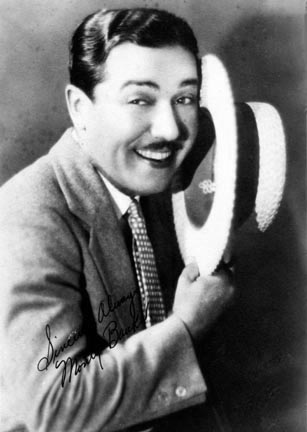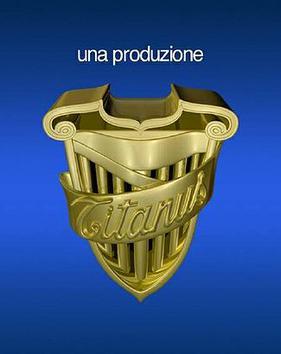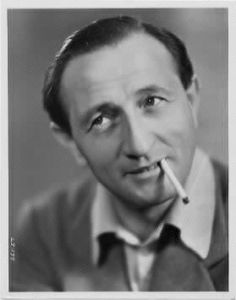
Italian futurist cinema was the oldest movement of European avant-garde cinema. Italian futurism, an artistic and social movement, impacted the Italian film industry from 1916 to 1919. It influenced Russian Futurist cinema and German Expressionist cinema. Its cultural importance was considerable and influenced all subsequent avant-gardes, as well as some authors of narrative cinema; its echo expands to the dreamlike visions of some films by Alfred Hitchcock.

The Battle of the Piave River, fought between 15 and 23 June 1918, was a decisive victory for the Italian Army against the Austro-Hungarian Empire during World War I, as Italy was part of the Allied Forces, while Austria-Hungary was part of the Central Powers. Though the battle proved to be a decisive blow to the Austro-Hungarian Empire and by extension the Central Powers, its full significance was not initially appreciated in Italy. Yet Erich Ludendorff, on hearing the news, is reported to have said he 'had the sensation of defeat for the first time'. It would later become clear that the battle was in fact the beginning of the end of the Austro-Hungarian Empire.

The Allies, or the Entente Powers, were an international military coalition of countries led by France, the United Kingdom, Russia, the United States, Italy, and Japan against the Central Powers of Germany, Austria-Hungary, the Ottoman Empire, and Bulgaria in World War I (1914–1918).

Montague (Monty) Banks was a 20th century Italian-born American comedian, film actor, director and producer who achieved success in the United States and United Kingdom.

Robert G. Vignola was an Italian-American actor, screenwriter, and film director. A former stage actor, he appeared in many motion pictures produced by Kalem Company and later moved to directing, becoming one of the silent screen's most prolific directors. He directed a handful of films in the early years of sound films, but his career essentially ended in the silent era.

Reginald C. Barker was a pioneer film director.

Cinema of Europe refers to the film industries and films produced in the continent of Europe.

Tony Gaudio, A.S.C. was an Italian-American cinematographer and sometimes is cited as the first to have created a montage sequence for a film.

World War I or the First World War was a global conflict fought between two coalitions: the Allies and the Central Powers. Fighting took place throughout Europe, the Middle East, Africa, the Pacific, and parts of Asia. One of the deadliest wars in history, it resulted in an estimated 9 million soldiers dead and 23 million wounded, plus another 5 million civilian deaths from various causes. Millions more died as a result of genocide, and the war was a major factor in the 1918 Spanish flu pandemic.

Titanus is an Italian film production company, founded in 1904 by Gustavo Lombardo (1885–1951). The company's headquarters are located at 28 Via Sommacampagna, Rome and its studios on the Via Tiburtina, 13 km from the centre of Rome.
A list of some notable films produced in the Cinema of Italy ordered by year and decade of release For an alphabetical list of articles on Italian films see Category:Italian films.
The decade of the 1910s in film involved some significant films.

Augusto Genina was an Italian film pioneer. He was a movie producer and director.

Carmine Gallone was an early Italian film director, screenwriter, and film producer, who was also controversial for his works of pro-Fascist propaganda and historical revisionism. Considered one of Italian cinema's leading early directors, he directed over 120 films in his fifty-year career between 1913 and 1963.

Anton Giulio Bragaglia was a pioneer in Italian Futurist photography and Futurist cinema. A versatile and intellectual artist with wide interests, he wrote about film, theatre, and dance.

Gino Corrado was an Italian-born film actor. He appeared in more than 400 films between 1916 and 1954, almost always in small roles as a character actor. From 1916–1923, he was known as Eugene Corey, which was an Anglicized version of his name.

Via Vittorio Veneto, colloquially called Via Veneto, is one of the most famous, elegant, and expensive streets of Rome, Italy. The street is named after the Battle of Vittorio Veneto (1918), a decisive Italian victory of World War I. Federico Fellini's classic 1960 film La Dolce Vita was mostly centered on the Via Veneto area.
A devil is the personification of evil as it is conceived in many and various cultures and religious traditions.

Giovacchino Forzano was an Italian playwright, librettist, stage and film director. A resourceful writer, he authored numerous popular plays and produced opera librettos for most of the major Italian composers of the early twentieth century, including the librettos for Giacomo Puccini's Suor Angelica and Gianni Schicchi.

















